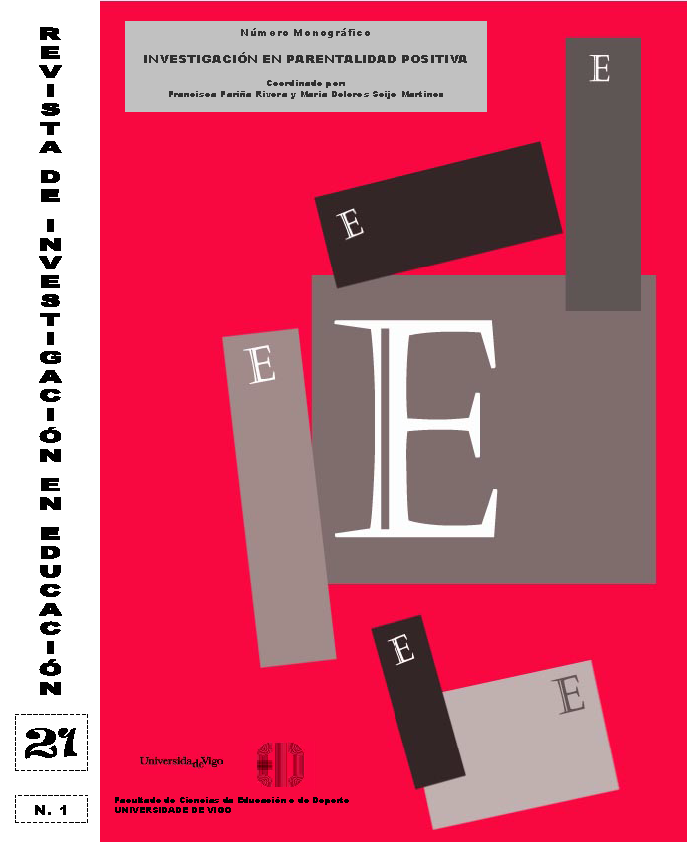Parental structure and well-being among Spanish children: Promotion of positive parenting
DOI:
https://doi.org/10.35869/reined.v21i1.4530Keywords:
Parental Structure, Self-Determination Theory, Child Well-Being, Positive Parenting, Psychosocial AdjustmentAbstract
The present study arose from a desire to advance the study of parental structure from Self-Determination Theory (SDT), recognizing the potential of the family in developing healthy, autonomous functioning. The objectives of the study were: a) to analyze the influence of parental structure on children’s adjustment (prosocial behavior, physical and verbal aggression, and emotional instability); b) evaluate the mediating role of parental beliefs in the relationship between parenting practices and children’s psychosocial development; and c) demonstrate the mediating role of parents' gender in providing structure. The study involved 2.396 parents and 1.325 children in primary education. The results indicated that mothers believe that they provide a more structured environment than fathers. In addition, the provision of structure positively influences children’s prosocial behavior, while chaotic family environments have the opposite effect. The article concludes by highlighting the importance of reflecting on the provision of structure in parental training to improve adults’ performance of daily tasks and children’s and adolescents’ development.
Downloads
Downloads
Published
Issue
Section
License
Copyright (c) 2023 Revista de Investigación en Educación

This work is licensed under a Creative Commons Attribution-NonCommercial-NoDerivatives 4.0 International License.
The acceptance of the papers for publication, means that the printing and reproduction rights are owned by the journal. The conditions of use and reuse of content are those established in the Creative Commons CC BY-NC-ND 4.0 license.



